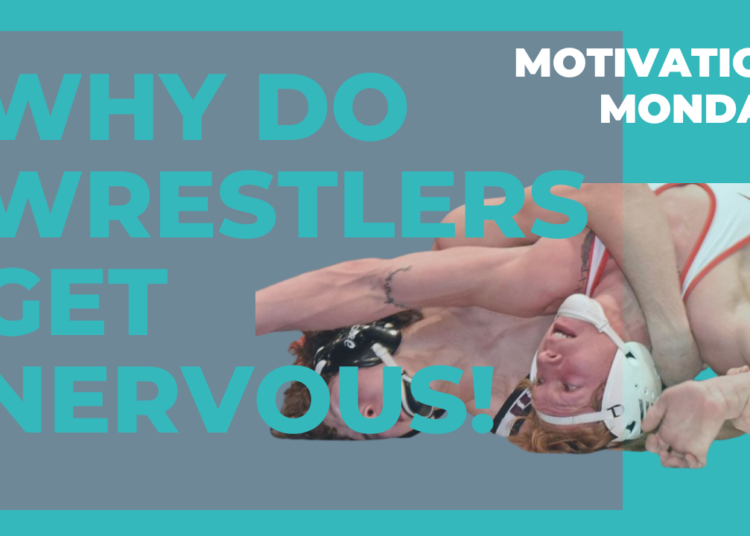Why do wrestlers get nervous?
Jump, Jump, run, jog, kick my legs out… I was always a nervous wrestler, but I learned to harness the power it gave me, it forced me to get ready for everyone I faced. I had a routine, I followed to get myself ready and that helped me.
Wrestlers get nervous because they are human and experience normal emotions, especially under high pressure or competitive situations. Nervousness can arise due to the fear of failure, uncertainty, high expectations, and a desire to perform at their best. The adrenaline and increased heart rate associated with nervousness can also improve an athlete’s focus, reaction time, and physical performance, but it can also negatively affect their ability to perform if it becomes too intense.
Studies suggest that a moderate level of nervousness can be beneficial for wrestlers as it can increase arousal and focus. However, excessive nervousness can have a negative impact on performance by causing distraction, reducing confidence, and increasing muscle tension.
Research has shown that successful wrestlers are able to manage their nervousness and channel it into improved performance. This often involves developing effective coping strategies, such as visualization and deep breathing, as well as having a positive mindset and high self-esteem.
Additionally, some studies have found that individual differences, such as personality traits and past experiences, can impact a wrestler’s level of nervousness and their ability to manage it. In general, it is important for wrestlers to recognize and understand their own nervousness and work to develop strategies to manage it in a way that enhances their performance.
There are many strategies that wrestlers can use to manage stress and nervousness in order to improve their performance. Some of the most effective ones include:
- Relaxation techniques: Such as deep breathing, progressive muscle relaxation, and visualization, can help calm the mind and body and reduce nervousness.
- Positive self-talk: Replacing negative thoughts with positive ones can help boost confidence and reduce anxiety.
- Goal-setting: Setting achievable goals can give athletes a clear focus and a sense of purpose, reducing stress and increasing motivation.
- Regular exercise: Regular physical activity can help reduce stress and improve overall well-being.
- Good sleep habits: Getting enough sleep and establishing a consistent sleep schedule can help improve physical and mental performance.
- Nutrition: A healthy diet that is high in nutrient-dense foods can provide the energy and focus needed to perform at a high level.
- Time management: Effective time management can help athletes prioritize tasks and reduce stress levels.
- Support systems: Having a supportive coach, family, and friends can provide encouragement and help manage stress levels.
It’s important to remember that what works for one athlete may not work for another, so it’s important for each athlete to find the strategies that work best for them and to regularly evaluate and adjust their approach as needed.
I hope this quick read helps.
Jon Gums
Dakota Grappler







